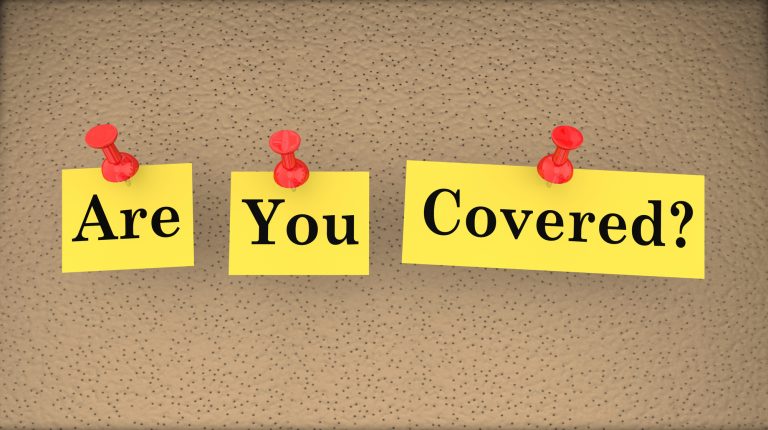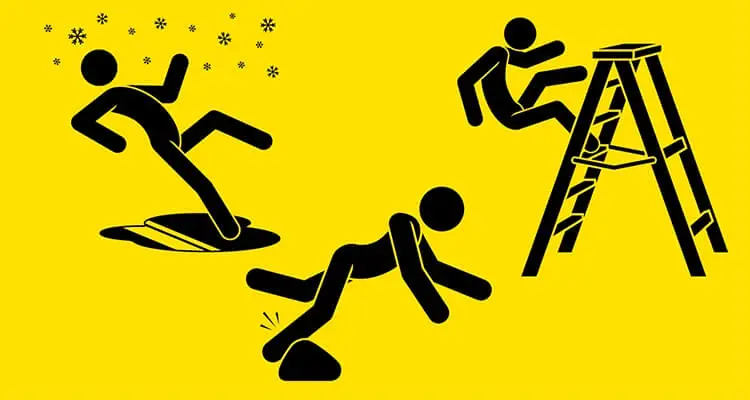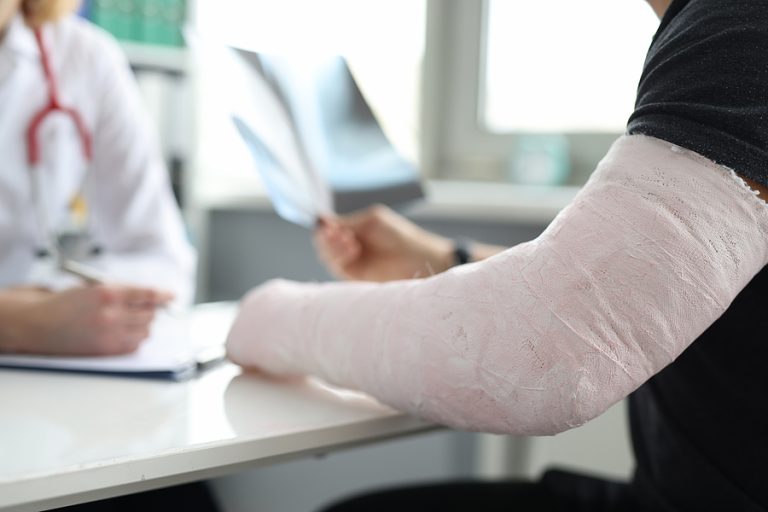What Injuries Does Workers’ Compensation in Florida Cover?

Despite the numerous workplace safety provisions in place at job sites across the United States, accidents are an inevitable result of human error or system failure. While in most cases recovery is possible with adequate medical or surgical care, some incidents might result in injuries that could prove fatal. Under such circumstances, it is natural to wonder whether you have any legal recourse to obtain compensation for your injuries and financial or property damages. Workers’ compensation claims allow employees to seek reparations for their financial and non-financial damages resulting from an accident at their place of employment. Although this system allows employees to recover their expenses in part or whole, not all injuries qualify for a successful claim.
Table of Contents
Qualification Criteria
To qualify for a successful claim, your injury must be related to your job functions or work environment. The incident must have occurred during the period in which a company actively employed you to be able to seek reparations. Additionally, any injury sustained in such accidents must be severe enough to require medical or surgical treatment, inability to work, temporary or permanent loss of bodily function, or death. Any injury or illness that fits the above-mentioned criteria must be reported promptly to the employer, no later than one month after the accident. Notifying your employer immediately after any mishap is the best way to ensure that your legal rights, especially your right to file a compensation claim, remain protected.
Types of Injuries Covered
Some of the most common types of injuries covered by such claims include the following:
Physical Injuries
Loads of physical injuries can be compensated if you receive them on the job. If you slipped while you were performing a work task, you can receive benefits depending on how severe the injury was. Traumatic brain injuries can be hard to bounce back from, especially if you can’t continue to work for an extended period. Make sure to investigate whether your injury is covered by workers’ compensation. You don’t want to miss receiving your paycheck while you can’t work.
Occupational Injuries and Illnesses
Occupational injuries such as stress injuries can easily be compensated. Especially if this type of stress could have easily been avoided. Injuries related to chemical or noise exposure, and illnesses related to occupational exposure to substances like asbestos account for many claims. These types of cases prove that your employer neglected to keep you safe. Occupational exposure can have a lasting adverse impact on an individual, leading to diseases like lung cancer, skin cancer, and hematologic malignancies. Emotional damages such as mental strain or stress related to the workplace, behavioral disorders like anxiety, panic disorder, and posttraumatic stress disorder (PTSD) stemming from an accident or workplace harassment are also covered.
Disqualification Criteria
If any of the above-mentioned injuries resulted from an individual’s negligence, were self-inflicted, or resulted from mental impairment due to substance use, the claim is likely to be dismissed. You can only receive these benefits if it was caused by an avoidable circumstance on your employer’s behalf. Your employer is not responsible for anything that you purposely caused yourself. Additional scenarios where an employee would not qualify for a claim include incidents that occur off-duty or off-premises. Anything going on in your personal life does not mean you can receive these types of benefits.
Conclusion
If you were performing your typical working tasks and injuring yourself, you have a right to seek compensation. But it’s important to have all the details laid out on end before filing. These types of benefits can be, and you don’t want to be denied immediately. To file a claim, it is important to consult a lawyer who can offer expert guidance and help you file all the right paperwork to ensure that your case will receive the justice it deserves. They will review your paperwork and make sure that you’re on the right track.






